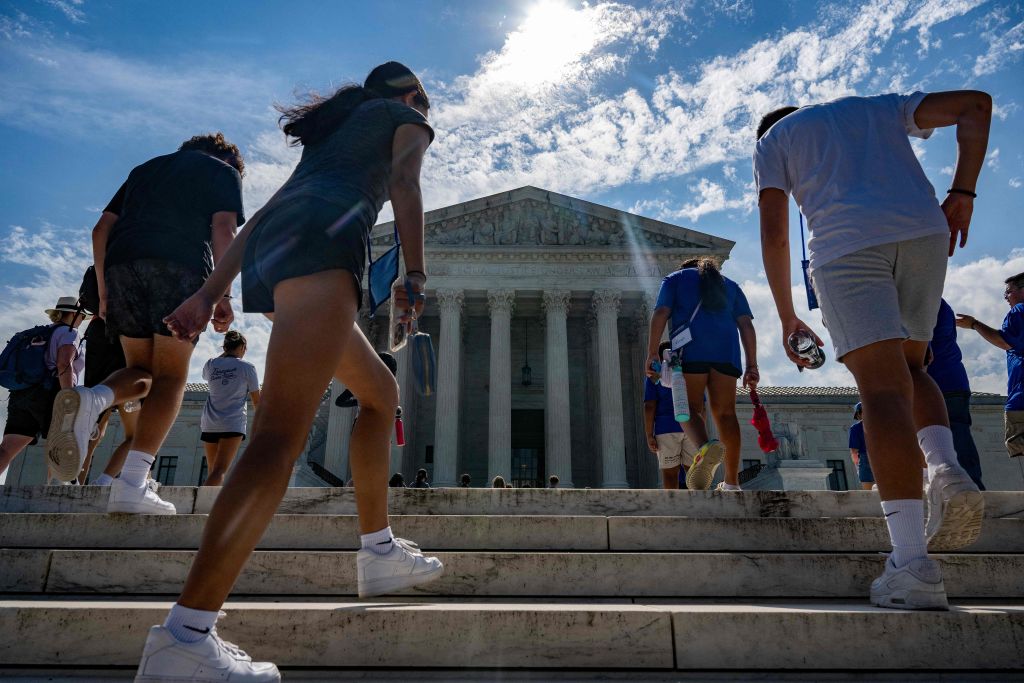


The Supreme Court is entering the home stretch of its session, with just days left before it goes into recess for the summer. Some of the most significant decisions have yet to be issued, teeing up a big week. Here is what some of those cases are.
This case tackles whether a state’s supreme court can rule on gerrymandering cases. The plaintiffs are testing the independent state legislature theory, which argues that state legislatures have the prerogative in redistricting, and that state supreme courts cannot get involved in the process. North Carolina’s supreme court has since switched its original decision against the state legislature, meaning that the US Supreme Court might drop the case instead of issuing a decision.
These cases address whether or not race can play a role in the college admissions process. UNC is a public university, while Harvard is private, meaning that there could be two varying decisions depending on what the Court rules. The UNC case is based on the Fourteenth Amendment, while the Harvard case is based on the Civil Rights Act of 1964.
This case will decide if constitutional protections for freedom of speech allows an artist to refuse service — creating a website — for a gay wedding. The plaintiff, Lorie Smith of Colorado, argues that forcing her to serve the gay couple in this capacity would contravene her freedom of speech as a Christian who believes that marriage is between a man and a woman.
These cases challenge whether or not the Biden administration can cancel student debt unilaterally. The administration tried to use the HEROES Act of 2003 as justification for the plan, which has been widely condemned as an overreach by Republicans and moderate Democrats alike. The wrinkle in this case is whether the plaintiffs have standing to bring a suit.
This case will determine what level of cost above which is necessary before an employer can fire an employee that is seeking religious accommodations. The case will also look at if an imposition on other employees from such accommodations can be used as cause to terminate the worker. The plaintiff is a former employee of the US Postal Service who was fired after he declined to work on Sundays for religious reasons.
